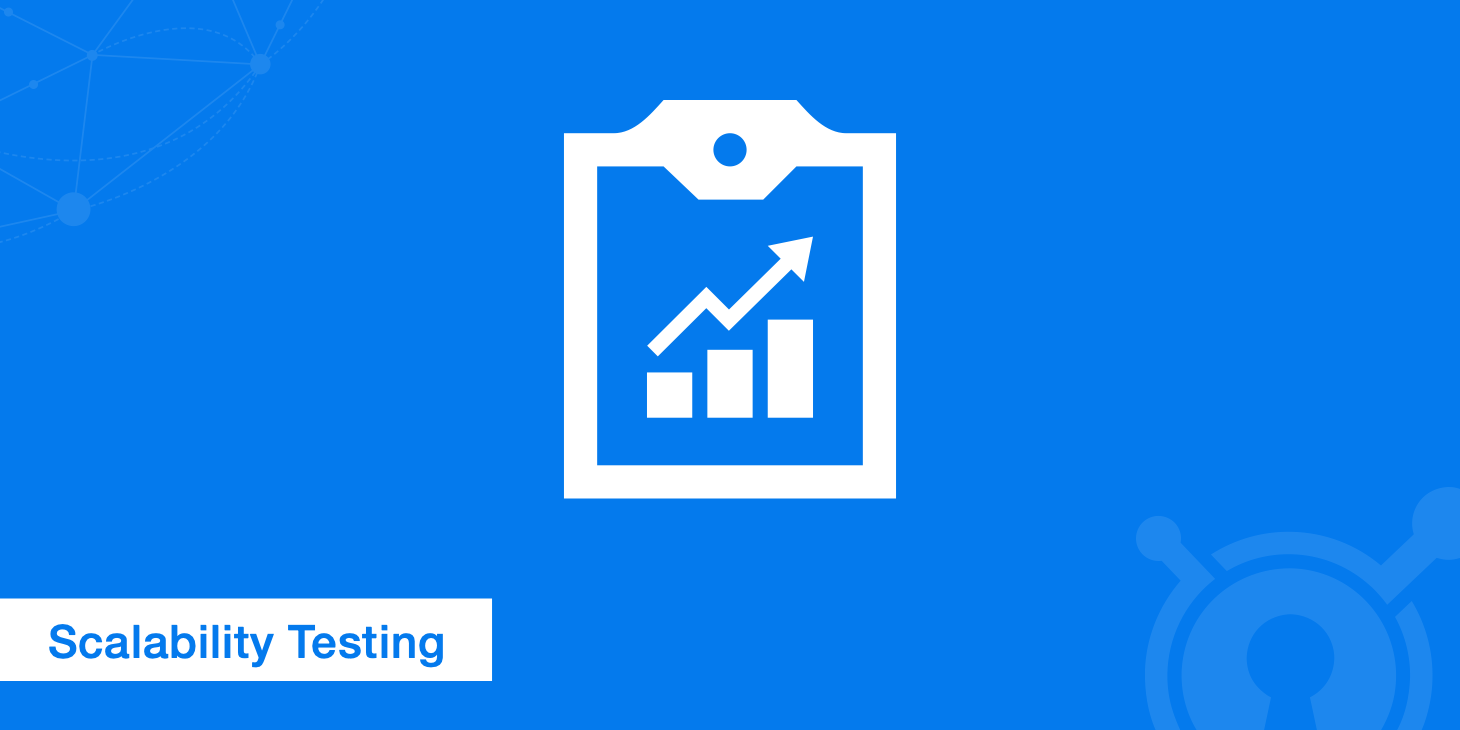
Improving Performance with Cache-Control: immutable
Cache-Control is an important HTTP header that allows you to define various directives letting browsers know how an asset should be cached. For example, if an asset has a large max-age, then the asset can be retrieved from the browser for a long period of time without making a request to the server. This means faster load times for the user. We've covered many of the popular directives you can define for the Cache-Control header, however, in this post we're going to cover a Cache-Control extension called immutable to see what kind of impact it can have on performance.
May 11, 2017 Read more